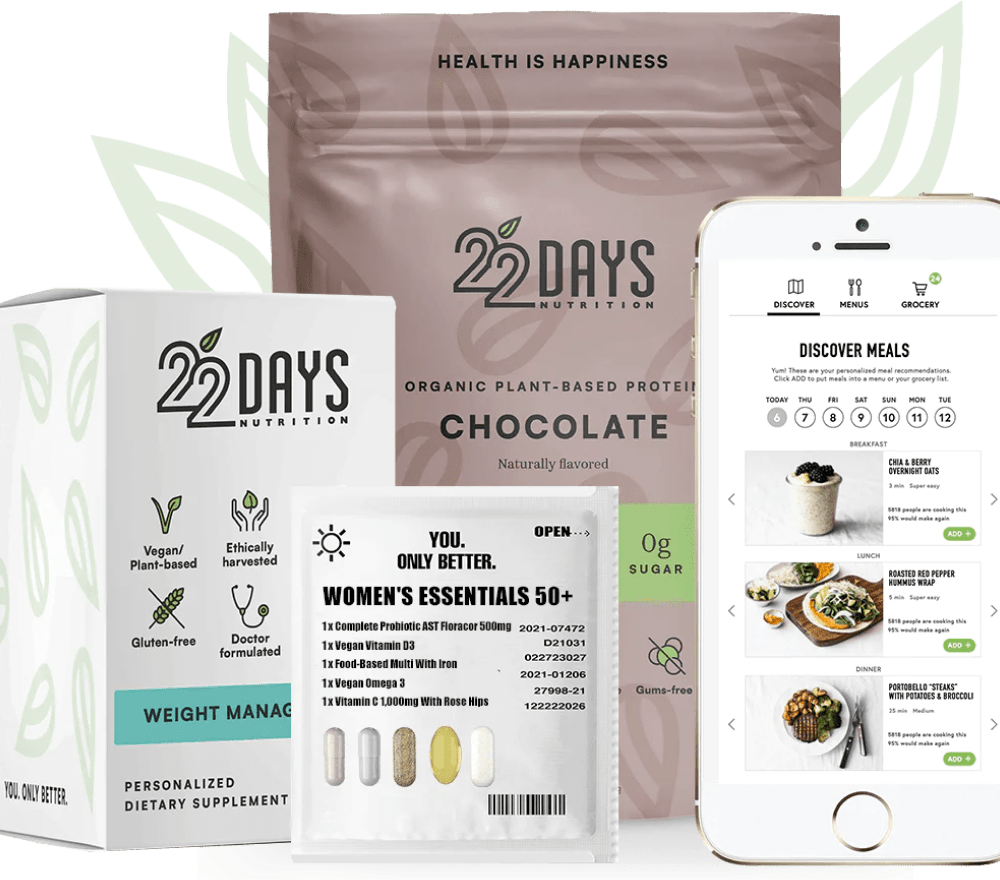Tips to keep your immune system healthy all year round!
How can we embrace a time when our immune systems are called into action and placed under immense scrutiny? Far too often, we live our lives as if we are vulnerable to every disease and virus under the sun, and the stress of it all interrupts and impedes the happiness and health we should be enjoying in our day to day life. Even though there are no real guarantees, there are many profound things we can do to sway the odds more in our favor to be as healthy as possible. Of course, there will always be exceptions to the rule, but what about the average person who generally experiences good health?
Our intention with this article is to help you cover the bases, stay in touch with your body's basic needs, and to have faith in yourself and your body's innate abilities to fight off viruses, infections, and chronic illness. The less you stress, the healthier you'll be- we promise!
Maintain Optimal Immunity
- Adequate Sleep:
- Most adults, on average, need between 7- 8hrs quality sleep per night. Respecting the hours that your body needs for restorative sleep will do wonders for your immune system and overall health.
- Varied, calorically sufficient, whole-food, plant-based diet:
- Making sure you are eating enough calories throughout the day from various whole food sources will ensure that your nutritional needs are met.
- Supplementation: Here are some vitamins and minerals sometimes harder to come by that everyone, following any diet can benefit from:
- Zinc
- Pumpkin seeds are the best whole food, plant-based source of zinc. They can be ground using a blender and added to smoothies, oatmeal, or any dish really if you don't enjoy the taste. But let's face it, who doesn't like pepitas?
- If you find you are not getting enough from your daily meals, a simple supplement will go a long way. Be sure to take only what you need, as zinc is a mineral that you can overdo. The recommended daily amount of zinc is 8 milligrams (mg) for women and 11 mg for adult men.
- Vitamin C
- It does not hurt to supplement with vitamin C, but this vitamin is easily attainable through many whole food sources (Oranges, strawberries, dark leafy greens, etc.). Just make sure you are meeting your daily needs every day- vitamin C does not store in the body. For adults, the recommended daily amount for vitamin C is 65 to 90 milligrams (mg) a day, and the upper limit is 2,000 mg a day.
- DHA
- It is an Omega 3 fatty acid responsible for the production of white blood cells. Who is responsible for protecting the body against both infectious disease and foreign invaders, you ask? White blood cells! Show them your love and respect by taking a DHA supplement sourced from micro-algae, not fish. Micro-algae sourced DHA is 100% as bioavailable as fish sourced DHA. How can this be? The only reason fish contain DHA is because they eat the algae and or smaller fish… that have eaten the algae.
- Vitamin D3
- Once again, we pay homage to algae, lichen, to be specific. This plant-based source of vitamin D3 will keep your immune system supercharged and your bones strong!
- Vitamin E
- Another vitamin to support immunity. Best sources: Wheat germ oil, sunflower seeds, almonds, Peanuts, beet greens, collard greens, spinach, pumpkin and red bell pepper.
- Vitamin B6
- If you take a B-complex supplement (which you should!) you're covered!
- Water
- Average adults should consume eight 8-ounce glasses, which equals about 2 liters, or half a gallon. Water helps to carry oxygen to your body's cells, which results in properly functioning systems. It also works in removing toxins from the body, so drinking more of it could help prevent toxins from building up and harming your immune system. Water = life!
Immunity Suppressors
- Insufficient sleep
- Most adults, on average, need between 7- 8hrs quality sleep per night, as we mentioned above. New research has found that a good night's sleep can boost the effectiveness of certain specialized immune cells called T cells.
- High refined sugar consumption
- The consumption of refined sugar suppresses the immune system. Stick to whole fruits and recipes that use whole fruits to sweeten dishes. Do your best to keep refined sugar intake as low as possible, especially during times of pandemic, when traveling and during flu seasons.
- Stress
- Stress is another immune suppressor that can be harder to tackle at times. No one wants to stress, but we must seek to avoid it in our efforts to improve the condition and quality of our lives. Try to set time aside each day for exercise, meditation, or even a simple walk through the neighborhood. Any of these things will help!
- Insufficient nutrient consumption:
- The quickest way to weaken your immune system and health, in general, is to deprive your body of what it needs to function optimally. Do your best to pay closer attention to the foods you eat. Learn more about where the nutrients your body needs come from. The expanded knowledge of nutrition and food will give you the greatest peace of mind and the opportunity to make informed decisions in favor of your health and longevity. Be patient with yourself. Learning curves are real; new habits take time to form and remember, you are human after all. Do your best and find the infectious inspiration in feeling and being truly healthy.
Incorporating these tips into your daily lifestyle will benefit you significantly, both in the long term and especially now. Know that your body is getting all that it needs to fuel its many functions and have a little faith in those tiny little cells that were born to protect you. Your body is an incredibly powerful machine- fuel it wisely!





